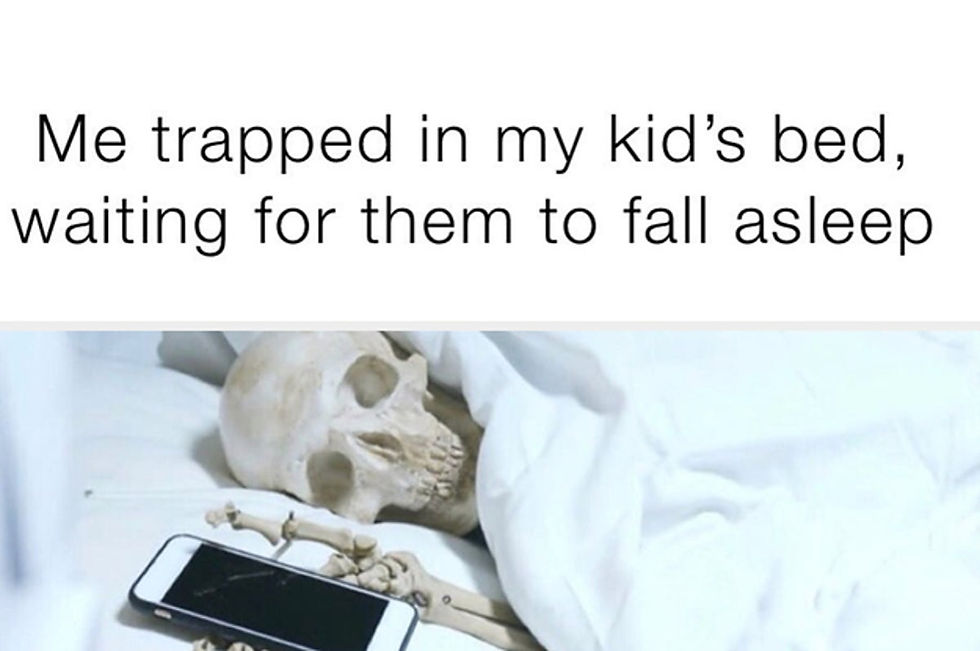Blog Post: January 26, 2021
- Covenant
- Jan 26, 2021
- 3 min read
By Pastor Jeff Fox-Kline
Click on the image to follow along with our 2021 congregational devotional!
Forgiveness is hard.
It’s too hard, even.
Forgiveness for something that someone has done to you can have the horrible effect of feeling like you betrayed yourself. It can feel like that by forgiving the person who hurt you that you are giving them a pass for what they did. It can feel like you are relieving the person of the burden of consequence for the injury caused.
The word “Pardon” has been in the news lately as the former president issued the seemingly traditional flurry of lame-duck pardons. I think the example of the presidential pardon is a good example of why forgiveness may feel like you’re relieving the person of the burden of their misdeeds. Because that’s exactly what the presidential pardon is. That’s it, you’re free to go, enjoy your new life.
But forgiveness is not the same as impunity, and I think that’s where our culture gets twisted around. Forgiveness is a choice that we make inside ourselves to relieve the debts owed to us by another person. It is a way of freeing ourselves from the harm done to us. It does not require continued relationship, it does not require putting ourselves in danger, and it especially does not preclude consequences.
Sometimes people use "respect" to mean "treating someone like a person" and sometimes to mean "treating someone like an authority." For some, "if you don't respect me, I won't respect you" means "if you don't treat me like an authority, I won't treat you like a person."
We are at a precarious time in our history. We’re seeing calls for unity, and I value that. We’re seeing calls for forgiveness, and I value that. But we can’t let these calls for unity and forgiveness overshadow the fact that there are consequences to actions. I think that it is important that we, as a people, find ways to forgive each other for the ways in which we’ve hurt each other. We should forgive each other for the ways we’ve been hurt.
However, what we do matters, and accountability is not mutually exclusive from forgiveness. If someone hurts you, it is good for you to forgive them. But if the person that hurts you tells you that you are cruel if you don’t forgive them, that’s gaslighting. I can’t punch you in the nose and then get upset if you don’t forgive me immediately. The wounds need to heal; forgiveness can be concurrent.
There’s a quote that floats around the internet that I think about often:
Sometimes people use "respect" to mean "treating someone like a person" and
sometimes to mean "treating someone like an authority." For some, "if you don't
respect me, I won't respect you" means "if you don't treat me like an authority, I
won't treat you like a person."
Sometimes people use “unity” to mean “finding common ground and working together” and sometimes to mean “you can’t disagree with me.” And that’s why the calls for forgiveness can sometimes seem hollow. We hear these calls for unity, but in the same breath, words that are intended to divide. Forgiveness is possible in this case, but the unity that comes from forgiveness can’t come until there is genuine repentance and an attempt to repair the breach.
I’m hopeful that we’ll be able to move towards forgiveness. I see a world in which we can return to a shared value of truth and honesty. I see a world in which we can, if not agree on everything, at least agree that it’s important to work for the common good. I see a world in which we can be healed from old wounds and reconciled to each other. We need to work together to build a better world. Forgiveness is a first step in that path. I sincerely hope that reconciliation can follow.
Peace,
Jeff Fox-Kline
.png)








Comments